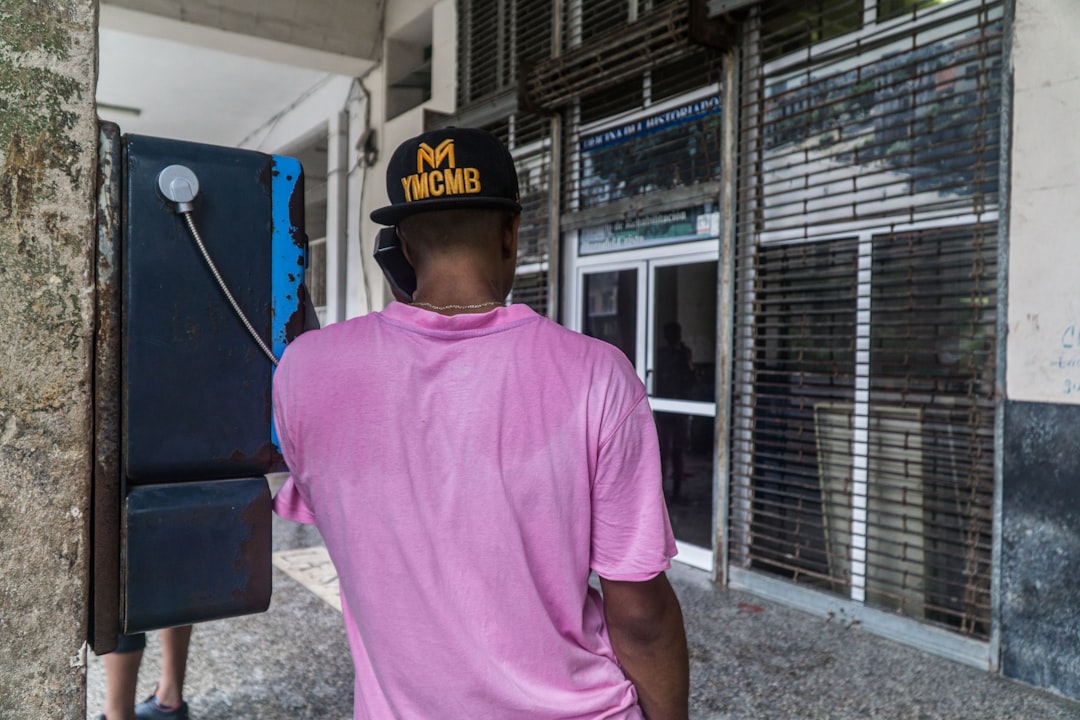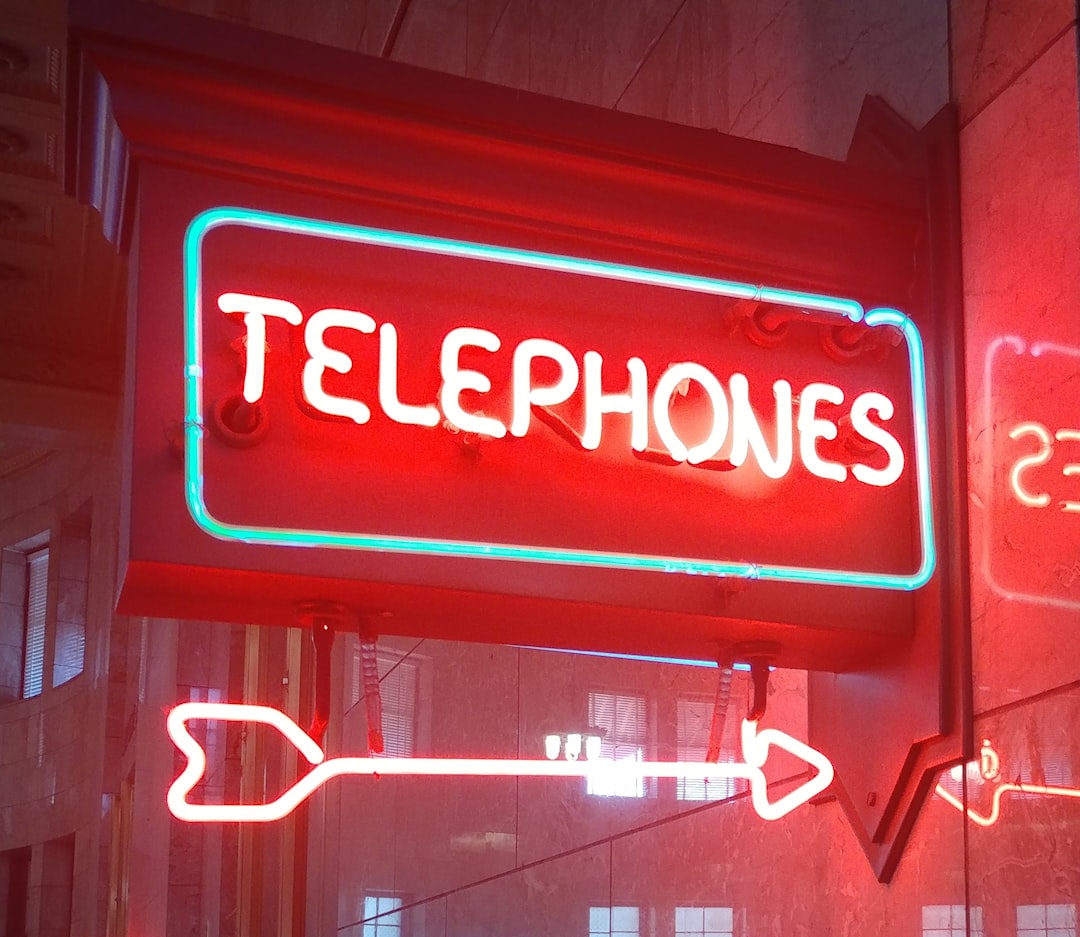Colorado residents enjoy protections from unwanted telemarketing calls through "No Call" regulations, with strict guidelines for businesses engaging in telemarketing, especially delivery services. Violations can result in substantial fines and legal issues. A No Call Lawyer Colorado specializes in navigating these laws, advising on call times, opt-out protocols, and managing consumer complaints to safeguard businesses from costly errors and legal action.
In the dynamic landscape of restaurant delivery services, navigating telemarketing laws is crucial. Colorado’s “no call” laws protect residents from unwanted phone calls, with significant penalties for violations. This article serves as a comprehensive guide for delivery businesses operating in Colorado, detailing the rules and regulations surrounding telemarketing practices. From understanding no-call rights to adhering to legal implications, we’ll explore best practices to ensure compliance and avoid the pitfalls of unlawful telemarketing, including insights from a No Call Lawyer Colorado.
Understanding No Call Laws in Colorado: A Brief Overview

In Colorado, consumers have protections against unwanted telemarketing calls, thanks to laws known as “No Call” regulations. These rules restrict businesses from making telephone sales calls to residents who have not given explicit consent. The primary goal is to safeguard individuals’ privacy and prevent nuisance calls.
If you’re a resident of Colorado and receive unsolicited phone calls from restaurant delivery services or any other telemarketers, it’s advisable to consult a No Call Lawyer Colorado. These legal professionals specialize in navigating the state’s consumer protection laws and can advise on the best course of action if your rights are violated, ensuring that businesses adhere to the “do not call” guidelines.
What Is La Junta in the Context of Restaurant Delivery Services?

La Junta, in the context of restaurant delivery services, refers to a strategic initiative aimed at ensuring fair and ethical telemarketing practices for delivery services in Colorado. With the rise of food delivery apps and phone solicitations from restaurants, consumers often face unwanted calls, leading to frustration and potential legal issues. A No Call Lawyer Colorado plays a vital role here, advocating for residents’ rights and helping them navigate the regulations surrounding these practices.
This concept focuses on giving power back to consumers by establishing rules that restrict unsolicited telemarketing calls, especially those promoting restaurant delivery services. By implementing such measures, Colorado aims to create a harmonious balance between businesses marketing their services and residents enjoying peace from unwanted advertisements.
Telemarketing Do's and Don'ts for Delivery Businesses in Colorado

In Colorado, delivery businesses engaging in telemarketing must adhere to strict guidelines to respect consumer privacy and avoid legal repercussions. Do’s include obtaining explicit consent before calling, providing a clear opt-out option, and respecting daily and weekly call limits. It’s also crucial to train staff on polite, non-aggressive sales tactics and accurate disclosure of costs and terms.
Don’ts involve making calls without proper registration, using automated or prerecorded messages without disclosure, and harassing or threatening consumers. Delivery services should never call before 8 a.m. or after 9 p.m., unless the consumer has given explicit consent. Avoiding the use of a No Call Lawyer Colorado can help businesses navigate these rules effectively and protect their operations from legal challenges.
Legal Implications and Consequences for Violating Telemarking Rules

In Colorado, the rules governing restaurant delivery service telemarketing are strictly enforced to protect consumers from unwanted calls and ensure fair business practices. Violating these regulations can lead to significant legal implications and consequences for businesses, including fines and other penalties. A No Call Lawyer Colorado can help restaurants and delivery services navigate these complex laws to avoid costly mistakes. They can offer guidance on permissible call times, opt-out requirements, and the proper handling of consumer complaints, ensuring compliance from the outset.
If a business ignores these guidelines and continues to make unauthorized calls, it may face legal action from both state regulators and affected consumers. Fines for telemarketing violations in Colorado can be substantial, and businesses may also be ordered to implement stringent changes to their marketing practices. A No Call Lawyer Colorado can assist in defending against such charges, negotiating settlements, or representing the business in court to mitigate potential damage and maintain a positive reputation in the industry.






